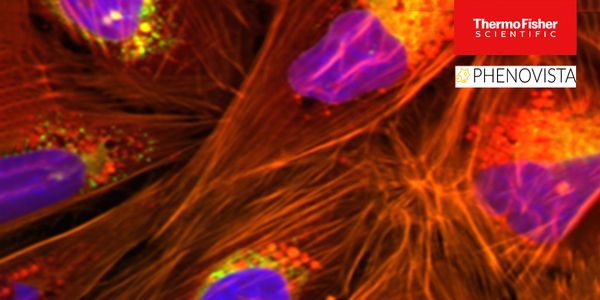Understanding the Pathogenesis of Human Influenza Virus: A Systems Virology Approach
-
Rafael Medina Silva, PhD
Associate Professor, Laboratory of Molecular Virology, Department of Pediatric Infectious Diseases and Immunology, School of Medicine, Pontificia Universidad Catolica de ChileBIOGRAPHY
Multiple factors can affect and impact infection dynamics and virulence produced by influenza virus (IV) infections. Susceptibility factors and host responses can also have major effects in disease severity. It has become apparent that innate and adaptive immune responses can modulate clinical evolution to infection, which is directly and indirectly modulated by factors such as pre-existing conditions and host and virus genetic background. Thus, a major leap forward lies in understanding and integrating global virus-host interactions. To identify viral and host molecular markers of disease severity and outcome we investigated IV diversity and evolution and host responses to infection. Hence, we evaluated the status of the innate and adaptive immune responses, and established clinical parameters associated with poor outcome. A comprehensive multiscale analysis of clinical metadata and cytokine profiling, revealed that comorbidities such as arterial hypertension, chronic cardiovascular disease and obesity, together with early increased expression of pro-inflammatory cytokines, including of IL-6, 8 and the anti-inflammatory IL-10, were associated with severity. Additionally, we used next generation sequencing and developed bioinformatics tools to investigate viral diversity and to evaluate different IV variants obtained from severe individuals. We identified a number of transitional amino acid changes over time in functional sites. Notably, we found two novel mutations of epidemiological relevance in the viral glycoproteins. The I223M mutation on the Neuraminidase was found to confer resistance to the antiviral oseltamivir, whereas a K180Q residue change in a major antigenic site of the Hemagglutinin was found to contribute to the evasion of preexisting immunity (antibody responses). These changes occurred independently in severe subjects and were detected as mixed populations in sequential samples, indicating a dynamic change in the IV genome over time. Overall, our systematic approach suggests that early aberrant immune responses and increased viral diversity in susceptible individuals can play a crucial role in disease outcome. This translational virology approach allows us to interrogate complex biological systems in depth, to define and dissect the global molecular processes involved in viral infection and disease.
FUNDING: FONDECYT 1121172, 1161791 and PIA-ACT 1408 from CONICYT, the Chilean Ministry of Economy, Development and Tourism, P09/016-F, the Center for Research in Influenza Pathogenesis (CRIP) HHSN272201400008C and grant U19AI135972 both from NIH-NIAID
Learning Objectives:
1. To identify what factors can contribute to disease severity during Influenza virus infection.
2. To describe novel techniques and methodologies used to study viral-host interactions.
Understanding the Pathogenesis of Human Influenza Virus: A Systems Virology Approach
Please update your information
Certificate of Attendance
DOWNLOAD CERTIFICATE
Finish Registering
-
APR 30, 2024Immuno-Oncology Virtual Event Series 2024
-
MAY 07, 20243rd International Biosecurity Virtual Symposium
-
JUN 06, 2024The Future of Scientific Conferencing
- See More
-
APR 19, 2024
-
APR 19, 2024
- See More












































